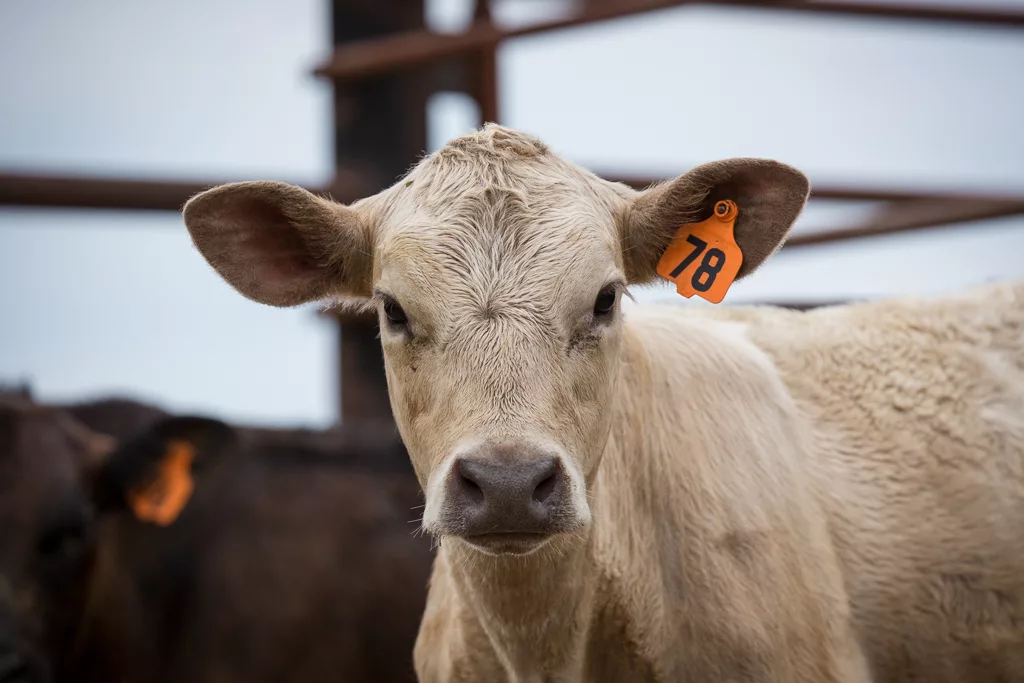Today marks the beginning of World Antibiotic Awareness Week (WAAW), which aims to increase global awareness of antibiotic resistance and to encourage best practices among the general public, health workers and policy makers to avoid the further emergence and spread of antibiotic resistance.
I know that antibiotic resistance and antibiotic stewardship are topics that come with a lot of questions… and that’s why we’re here today. During my more than two decades of experience as a veterinarian, I’ve come to realize how much I enjoy helping answer your questions about animal agriculture. To answer some frequently asked questions about antibiotic resistance and in honor of WAAW, I’ve created a quiz so you can test your knowledge and hopefully learn something new!
Take the quiz below and click “Done” to see your results and feel free to drop me an email with any additional questions or comments. Once you’re done with the quiz, scroll down for more details on each of the true/false answers.
Below are more details on each of the true/false answers.
- TRUE. The importance of antibiotics to human and animal health cannot be understated. When bacteria develop tolerance or resistance to antibiotics, we risk returning to a time when animals – and people – could fall seriously ill or even die from what was previously simple, treatable infections. The animal health community – farmers, ranchers, veterinarians – continues their commitment to support responsible antibiotic use.
- FALSE. This was a tricky question. Antibiotics are products that can kill bacteria or inhibit their growth or reproduction. Antibiotics are a specific type of antimicrobial aimed at bacteria. Antimicrobials can be aimed at a broader group of germs including fungi, viruses and protozoa. Learn more from the American Veterinary Medical Association here.
- TRUE. By identifying health issues earlier, protecting animals from the threat of disease through vaccines and biosecurity and providing proper nutrition, we can bring down disease levels and with it, the need for antibiotics. But, there are times when antibiotic use is the responsible choice to treat or prevent diseases that cause pain and suffering.
- FALSE. We all must work together! Antibiotic resistance is a One Health issue: It affects people, animals and the environment, and professionals in each of these disciplines must join in a common effort to address the threat.
- FALSE. I’m discouraged by this persistent myth. It is not true. While some food companies continue to market “antibiotic-free” meat, many have recognized that this label is misleading and moved instead to marketing meat from animals “raised without antibiotics.” The newer label avoids the implication that some meats contain unsafe levels of antibiotics (which they don’t). That said, I am concerned about taking away this important tool because the responsible use of antibiotics on the farm helps to prevent animal suffering. The key is to limit use to situations where the need is clear, just as is the case in human health.
